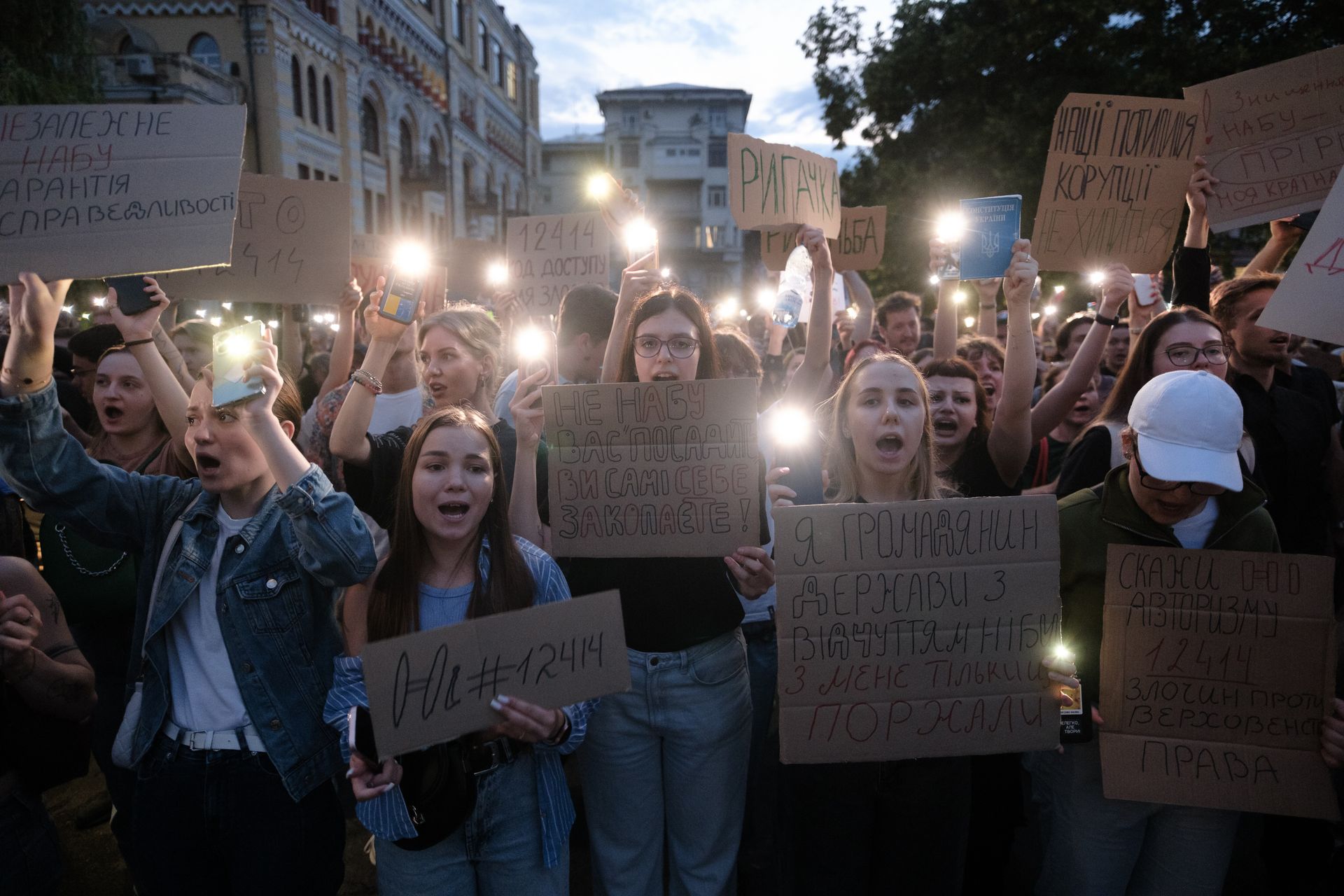US, EU agree on new trade deal with 15% tariff on most European goods

U.S. President Donald Trump and European Commission President Ursula von der Leyen met in the U.K. on July 27 and agreed to a trade deal between the two major economies.
The new trade deal will see Washington impose a 15% tariff on most EU exports to the U.S., down from Trump's previously threatened 30% tariff if an agreement were not made by Aug. 1.
"If you look at the trade volume, it's the biggest trade volume globally, with $1.7 trillion among us. And if you look at our markets, it's a huge market, 800 million people, if you take the United States and the European Union," von der Leyen said alongside Trump.
"I think it's good that we made a deal today instead of playing games, and maybe not making a deal at all... I think it's the biggest deal ever made," Trump said. The bloc's member states will be "opened up to trade" at zero tariffs on U.S. goods.
During Trump's presidency, over the next three years, the bloc has agreed to purchase $750 billion worth of U.S. energy, Trump said, adding that the EU has also agreed to invest an additional $600 billion in the U.S. amid concerns from the White House that an imbalanced trade relationship persists.
Von der Leyen noted that the bloc's $750 billion initiative will assist in further reducing its reliance on Russian gas. Speaking to reporters, she emphasized that "We still have too much Russian LNG that is coming through the back door ... to our European Union," and noting some continued oil shipments.
"We want to absolutely get rid of Russian fossil fuels, and therefore it is much welcome to purchase the more affordable and better LNG from the United States," she said.
Speaking alongside von der Leyen at his Turnberry golf club in Scotland, Trump mentioned that the U.S. and NATO have previously agreed that European countries will also purchase military equipment from Washington.
"(W)e're going to be sending now, military equipment and other equipment to NATO, and they'll be doing what they want. But I guess it's, for the most part, working with Ukraine," he said prior to the talks.
Following the meeting between the two leaders, Trump announced EU member states will purchase "hundreds of billions of dollars worth of military equipment."
Under the new deal, some goods will have no tariffs imposed by either side. This includes agricultural products, airplanes and parts for them, certain generic pharmaceuticals, critical raw materials, various chemicals, and semiconductor equipment.
During the 2024 U.S. presidential election, Trump campaigned on an overhaul of the trading relationships Washington holds with its economic partners, threatening tariffs.
Upon taking office, he imposed short-lived "Liberation Day" tariffs in April, which he withdrew for 90 days due to market and economic concerns.
The U.S. has now imposed various deadlines to reach deals with its many trading partners before tariffs may be reintroduced. The EU joins other economies, including the U.K. and Japan, which have penned new trade deals with the White House in recent months.












